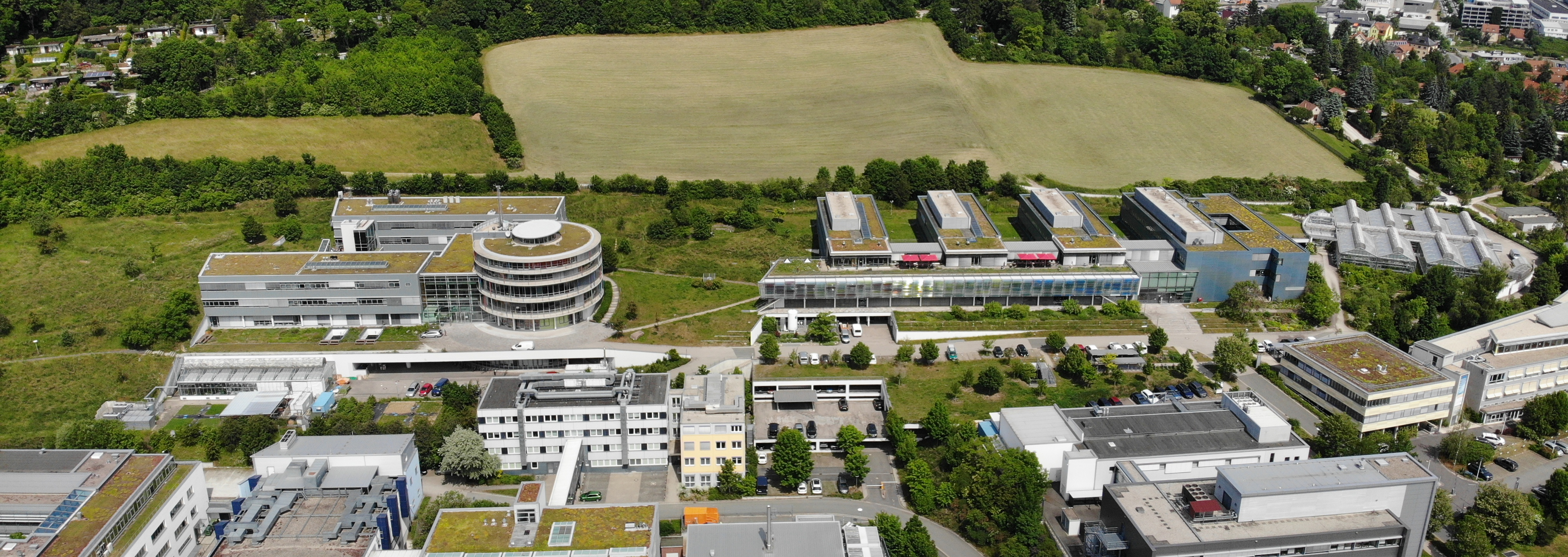
Recent ideas in climate attribution – a potential avenue for carbon cycle research?
3rd June 2022 | 10:35 am – 10.55 am
Hans-Knöll-Straße 10, 07745 Jena, Germany
BGC Lecture Hall
Zoom: will be provided
Session 3 – From leaf to globe: understanding biosphere-atmosphere interactions with observations (Markus Reichstein, moderator)
3rd June 2022 | 10.00 am – 12.30 pm
Abstract
Internal climate variability fundamentally limits short- and medium-term climate predictability, and the separation of forced changes from internal variability is a key goal in climate change attribution. In this talk, I discuss the suitability of incorporating statistical learning techniques to identify forced and internal climate signals from spatial patterns of climate variables.
First, I will illustrate recent research that aims to characterize the influence of atmospheric circulation variability on temperature or precipitation (“dynamical adjustment”), which enables a better separation of dynamical and thermodynamical components of climate variability. It is shown that well-known climate features such as the late 1980’s abrupt winter warming in Switzerland and Europe can be explained by such techniques as a combination of internal variability and externally driven changes.
In a second part of this talk, I will illustrate how this strain of research may be extended towards understanding variability in the carbon cycle driven by atmospheric dynamics [1], which may ultimately contribute to a better understanding of the processes leading to inter-annual variability in the carbon cycle.
I will conclude the talk with a few ideas on how combined analyses of climate model ensembles in combination with observations may contribute to a better understanding and attribution of climate-carbon cycle variability and the causes of long-term changes.
[1] This is joint work led by PhD student Li Na, and in collaboration with Ana Bastos, Alexander Winkler, Miguel Mahecha and Markus Reichstein. A pre-print is available here: https://egusphere.copernicus.org/preprints/2022/egusphere-2022-96/
Biography
Sebastian’s key research interest include improving understanding of climate variability, extremes, and their changes at global and regional scales, including land-atmosphere interactions and changes in ecosystem carbon cycling. Sebastian uses statistical learning techniques with a focus on identifying forced changes and internally generated variability. Sebastian works as a Senior Scientist (“Oberassistent”) and Lecturer in the Climate Physics group at ETH Zurich.
Sebastian’s PhD research was on “Climate extremes and their impact on ecosystem-atmosphere interactions” at the Max Planck Institute for Biogeochemistry in Jena, Germany. Before that, he studied environmental sciences with a focus on environmental physics at Bayreuth University, Germany; with a year abroad in Oxford with studies on Environmental Change and Management (M. Sc.).
